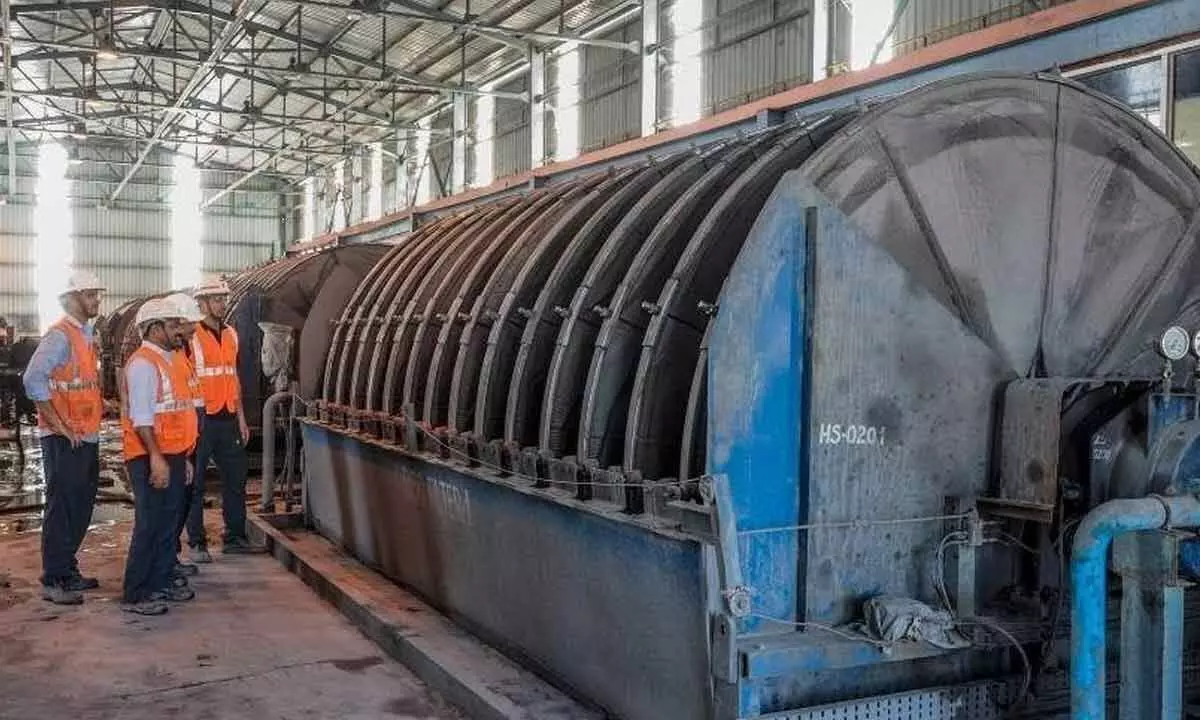Will SC intervention in HZL slow down privatisation process?
Govt was forced to file a FIR regarding strategic sale of Hindustan Zinc Ltd (HZL) in 2002-03. This move can hurt privatization process and damage India’s image as an investment destination
image for illustrative purpose

The Narendra Modi government has been forced to file a first information report (FIR) regarding the strategic sale of Hindustan Zinc Ltd in 2002-03. This is unfortunate, for this can hurt the privatization process and damage India's image as an investment destination.
On November 18, 2021, the Supreme Court had directed the Central Bureau of Investigation to file a case to inquire into the alleged irregularities in the sale. These pertained to: offloading 26 per cent, instead of 25 per cent (as recommended by the Disinvestment Commission), in the first phase; the bidding process; and the valuation of 26 per cent equity for disinvestment.
The Atal Bihari Vajpayee government sold 26 per cent equity through a strategic sale in 2002 to Sterlite Industries. The latter paid Rs 40.50 per share for the government's stake, which was above the reserve price. In November 2003, the government further offloaded 19 per cent equity. By way of this two-phase transaction, the government handed over 45 per cent of its stake in HZL to Sterlite for around Rs 769 crore.
In 2019, the government offloaded its residual 30 per cent stake in HZL at Rs 27,523 crore. In November last year, a Bench of Justices DY Chandrachud and BV Nagarathna, while okaying the residual stake sale, sought an investigation into the 2002-03 privatization. "The Disinvestment Commission in its sixth report of December 1997 had categorized HZL as a non-core PSU and had recommended its disinvestment, but not beyond 25 per cent of the equity, in order to retain control. The government's share at the time was 75.92 per cent," Chandrachud observed.
Three points need to be made here. First, the Disinvestment Commission's recommendations were not binding on the government, so there was no violation is all of them were not accepted.
The second and most important point is that HZL was sold by way of open bidding. If the value of the company was so, high as has been alleged by the opponents of HZL privatization, somebody must have paid that value. When all is said and done, the valuation of a company (or a car, property, etc.) is what the market is willing to pay.
This brings us to the third point: privatization unlocks the value of public sector undertakings. Rs 769 crore in 2002-03 becoming more than Rs 27,500 crore is huge appreciation, even after adjusting it for inflation - the reason that raised the suspicion of the Supreme Court in the first place. Sadly, it saw a scam in value unlocking.
It is gratifying to note that the Modi government disagreed with the apex court on this issue. On February 8, Solicitor General Tushar Mehta defended HZL disinvestment, informing the SC that it was a collective decision taken after scrutiny at four levels. One hopes that the apex court's intervention in the HZL sale will not adversely affect the process of privatization that the Modi government has revived almost after two decades.

